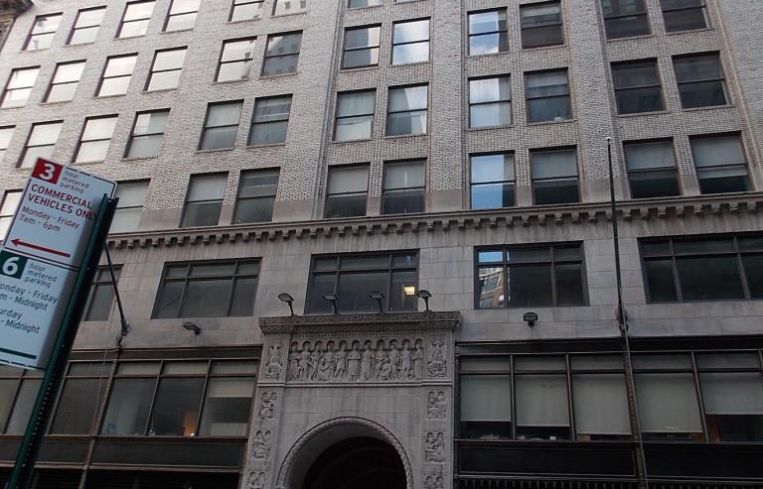A Tale of Two CRE Cycles at 11 West 42nd Street

CRED iQ analyzed recent loans issued this year and compared them to loans from a decade earlier. Understanding current interest rates, debt service coverage ratios (DSCRs), loan-to-values (LTVs), debt yields and valuation has never been more important during this tightening period.
Our analysis took a deep dive into the underwriting of the same asset for two different loans during two different commercial real estate cycles. One was in 2013 that was fresh out of the Global Financial Crisis of 2008 and 2009 and the most recent loan was issued in June 2023.
The Property:
The 11 West 42nd Street property is a 33-story central business district office building containing approximately 943,701 square feet of gross rentable area. The 11 West 42nd Street property is in the Grand Central submarket of New York City. The property was constructed in 1927, and renovated in 1978 and then later on in 2018. The borrower of both of the loans analyzed is the owwnership of Tishman Speyer and Silverstein Properties.
Its 2013 Loan:
On June 13, 2013, Goldman Sachs originated a $300 million senior loan on this asset. Appraised for $570 million ($604 a square foot) at the time of loan origination, the loan was leveraged at an all-in 52.6 percent LTV since there was no other subordinate debt or mezzanine financing. This appraised value suggested an implied cap rate of 4.77 percent. At the time of loan origination, Tishman and Silverstein enjoyed an $88.5 million cashout with this refinancing.
Terms of the loan included a 4.053 percent interest rate and a 10-year loan term that was full-term interest only. Annual debt service equated to $12.2 million. Based on the underwritten net cash flow of $27.2 million (as of 2013) and an underwritten occupancy of 98.4 percent, the DSCR on the loan equaled 2.21 times.
Its 2023 Loan:
Fast forward through years of interest-only payments and annual free cash flows, after debt service of approximately $15 million, it was time for a new loan. This time around, Tishman and Silverstein were able to secure a much smaller loan, with a much higher interest rate. Let’s dive into the numbers.
The new loan was originated in June 2023 by a few originators (Bank of America, UBS and LMF Commercial) and totaled $274 million on the senior note. In addition to the $274 million senior loan, Bank of America provided the borrower with $56 million in mezzanine financing. The total debt package for this new loan totals $330 million compared to the 2013 loan of only $300 million.
The appraised value this time around was $555 million ($577 a square foot) — the new collateral square footage was 960,578 square feet. LTVs were 49.4 percent on the senior loan and 59.5 percent on the total debt. Based on the underwritten net cash flow of $28.6 million, the appraised value’s implied cap rate is 5.16 percent!
Terms of this loan were drastically different compared to the loan made 10 years ago. The loan’s interest rate is 7.44 percent (339 basis point increase) and is full-term interest only with a maturity date in June 2028 (five-year loan). Underwritten with $28.6 million in net cash flow, the debt yield on this loan was 10.4 percent compared to the 2013 loan that had a debt yield of 9.1 percent.
The annual debt service payment is $20.4 million (compared to $12.2 million last time). In order to secure the loan, the borrower was required to infuse $14 million of equity (compared to cashing out $88.5 million the last time). The mezzanine loan’s interest rate carries a 14 percent rate, for an additional annual burden of $7.8 million a year. Total debt service for this debt package totaled $28.2 million, leaving approximately $401,189 of free net cash flow for the borrower per year.
How do interest rates impact commercial real estate if all else stays the same? About $15 million a year of free net cash flow for this borrower.
Mike Haas is the founder and CEO of CRED iQ.



